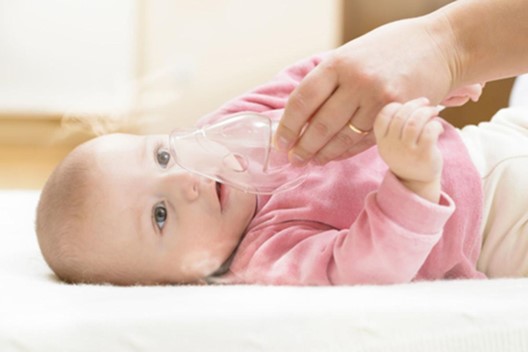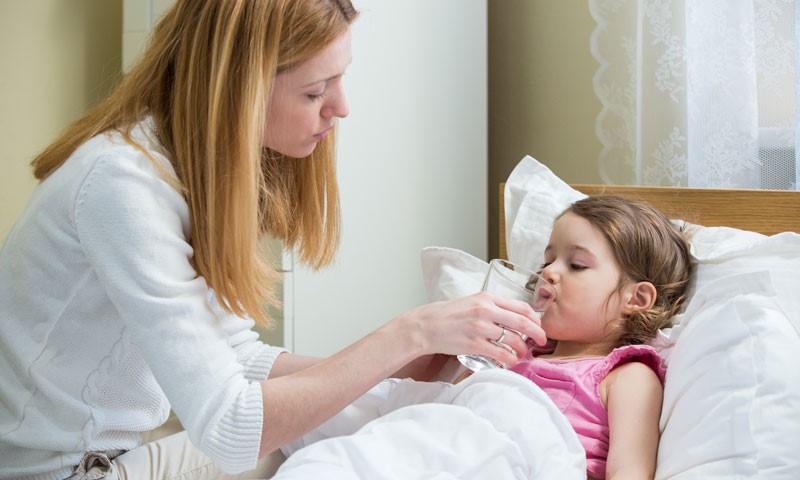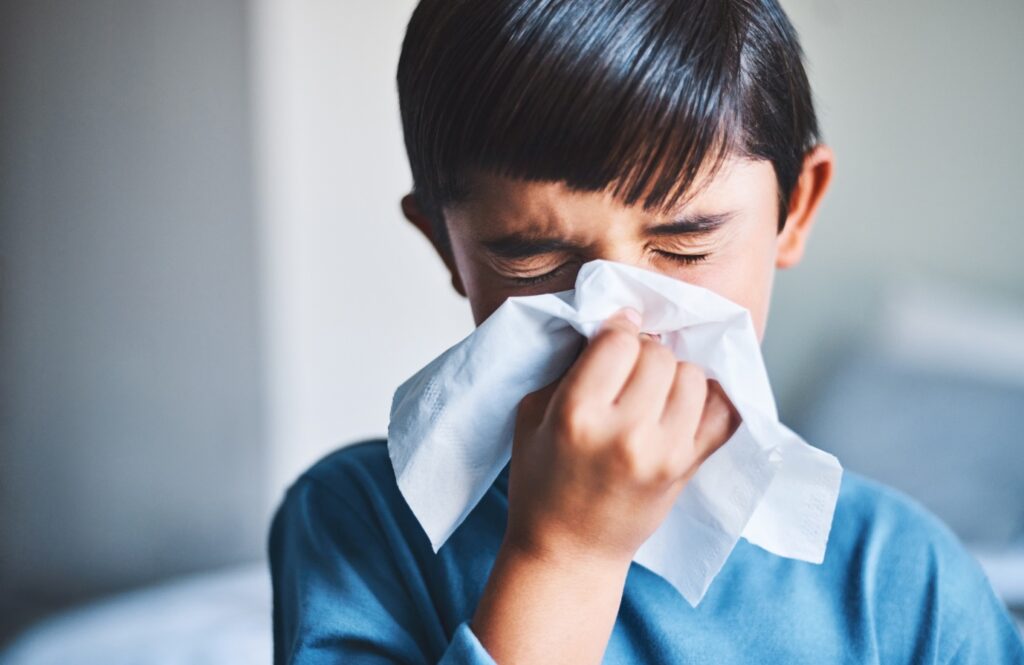An infection of the urinary tract in the body is called UTI. It may involve the kidneys, ureters, bladder, or urethra. It is a common infection in children, especially girls. They can be effectively treated with antibiotics. If not treated adequately it can lead to long-term problems. It can be divided into upper UTIs and lower UTIs.
What are the causes of UTI?
It can occur when bacteria from the skin or rectal area enter the urinary tract and multiplies there, especially if the technique of cleaning after stools is not proper.
- Constipation
- Bladder dysfunction
- Vesicoureteric reflux
- Phimosis or tight foreskin in boys
- Poor hygiene practices
What are the common symptoms?
- Fever, lethargy, vomiting
- Foul-smelling urine
- Newborns can be present with jaundice, irritability, and feeding difficulty
- Urinary symptoms like frequency, painful urination, blood in the urine
- Abdominal pain
How can UTI be treated in children?
Oral antibiotics are used in children above 3 months. Antibiotics are started after sending a urine culture and might be changed depending on the bacteria and its sensitivity to the antibiotic. Most UTIs will be cleared with oral treatment at home. Children under three months old are unable to take oral medications due to vomiting, and children with more severe symptoms are usually admitted to the hospital and given IV antibiotics for a few days, followed by oral antibiotics.
It is important to hydrate the child well at home and encourage them to urinate at regular intervals. Fever can be managed with paracetamol or Ibuprofen. If your child has a problem that increases their risk of UTIs, such as faulty valves in the urinary tubes, they may be prescribed long-term low-dose antibiotics to prevent further infections.
Investigations done
- Microscopic urine analysis (clean catch midstream urine specimen)
- Urine culture and sensitivity
- Blood tests such as blood counts, CRP, blood cultures, renal function tests
Children under 1 year, those with recurrent UTIs and atypical UTIs may need other tests such as
- Ultrasound KUB
- DMSA Scan
- MCUG
How can UTIs be prevented?
- Good perineal hygiene, encourage to wipe bottom from front to back.
- Adequate hydration and urination at regular intervals and avoid holding the urine.
- Avoid constipation with a fiber-rich diet and water intake.
- Use loose cotton underwear and avoid synthetic ones.
- Avoid using scented soaps or bubble baths.
- Follow-up with pediatrician after the antibiotic course.
An insight from mamahood
Mamas, we understand it can be distressing when your child gets a UTI which might raise many concerns like the complications. Your child can be very sick with high-grade fever, vomiting and tummy pain. But don’t worry; most UTIs are effectively treated with simple antibiotics. If not properly treated, it can cause scarring of the kidneys, which in turn can lead to high blood pressure and abnormal renal functions. So mamahood advises all the mamas to treat the UTIs without any delay.








